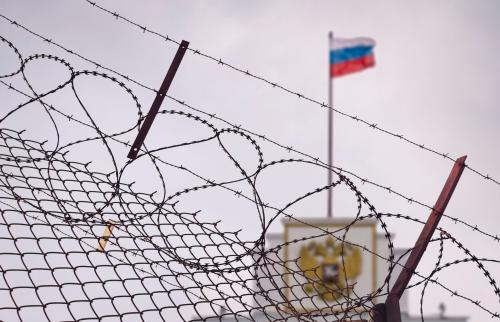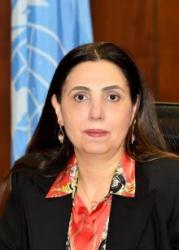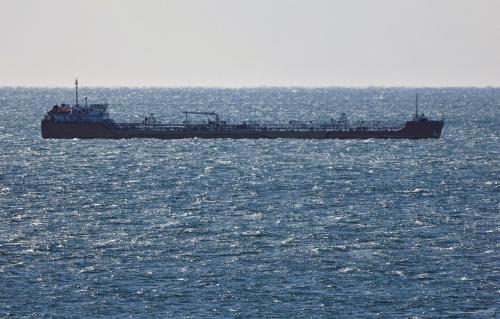

10:00 am EDT - 11:15 am EDT
Past Event
COVID–19 and the recent plunge in oil prices have shaken the Middle East to its core. Middle East economies rely heavily on oil, remittances, and tourism, all three of which have been decimated by the second-order effects of the pandemic. The simultaneous shocks will challenge states across the region, particularly those that are already struggling or are otherwise fragile. With added pressure on governments to slow the spread of the virus, the pandemic will ultimately change both domestic and regional politics and economies in the Middle East.
On June 1, the Brookings Center for Middle East Policy hosted a virtual panel event to discuss how COVID–19 is likely to reshape the Middle East. The panel featured Jihad Azour, director for the Middle East and Central Asia at the International Monetary Fund, who also served as Lebanon’s finance minister from 2005-08, and Rola Dashti, undersecretary general and executive secretary of the Beirut-based U.N.-agency Economic and Social Commission for Western Asia and a former minister of planning and development for Kuwait. The panel also included Samantha Gross, fellow at the Brookings Institution focusing on energy and climate. Hady Amr, nonresident senior fellow at Brookings, moderated the discussion.
Viewers may submit questions for speakers by emailing [email protected] or on Twitter using #COVIDMiddleEast.
Panelist



Robin Brooks, Ben Harris, Liam Marshall
June 5, 2025

March 5, 2025

Robin Brooks, Ben Harris
February 27, 2025